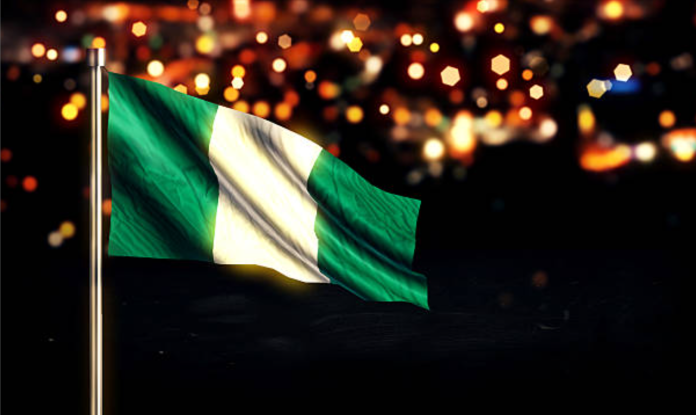Every Oct. 1, Nigeria celebrates independence. A day that is known to symbolise victory and freedom from the oppression of the colonial authorities. Today, Oct. 1 2023, marks 63 years since Nigeria gained independence.
Nigeria is the most widely populated black nation, with over 220 million people. Being an independent nation, Nigeria is deeply rooted in culture, diverse in ground-breaking tech innovation, and rich in creativity. Nigeria’s impact on Africa and the world is a testament to its historical and cultural richness.
Afrogist Media celebrates the resilience and ingenuity of the Nigerians on this memorable and historic day.
Here are 9 facts about Nigeria, known as the “Giant of Africa.”
#1. Nigeria became “Nigeria” in 1914
The region known as Nigeria today came into existence in 1914. The governor of the protectorate, Lord Frederick Lugard, unified the Northern and the Southern Protectorates of Nigeria to create a Colony and Protectorate of Nigeria. The merger formed what was then known as the largest British colony, comprising more than 500 ethnic groups.
#2. Nigeria got independence from the Colonial Regime
In 1960, Nigeria gained independence from the British Empire. Initially, following the British system of governance with Abubakar Tafawa Balewa as the prime minister (first Nigerian head of state). Also, the population at the time was over 45 million people.
#3. The military regime governed Nigeria for a total of 29 years
A group of UK-trained army ceased Nigeria’s democratic government in a violent attack. The country’s first coup, which was supposed to end corruption and ethnic rivalry, worsened it.
The coup showed how susceptible the government were to attacks from soldiers who were supposed to protect them. The military regime ruled for 29 years.
#4. Nigeria’s civil war between 1967-1970
In 1967, The Nigerian government declared war following the coups that led millions of Igbos to return to the southeast of Nigeria. After fighting for 30 months, the Republic of Biafra surrendered. Officially, the war ended on Jan. 15 1970.
#5. Nigeria’s oil boom started in the 1970s
The 1970s was flourishing with oil in Nigeria. Oil became one of its greatest and most profitable natural resources, making Nigeria Africa’s wealthiest country. In just two years, the country’s boosted profit by close to 50% and subsequently made a profit record of #5.3 billion in 1976. However, the discovery of oil was known to have caused the civil war.
#6. Nigeria returned to civilian rule in 1999
The transition from military to civilian democratic government was a redefining moment in the history of Nigeria. However, this marked the beginning of the most and longest civilian ridership since 1960.
#7. A Nigerian was honoured to be the first African to win the Nobel Prize
Wole Soyinka became the first African to win the Literature Nobel Prize in 1986. Likewise, he is a prominent social critic and political activist. Wole Soyinka has been a voice for freedom and justice. He has taken it upon himself several times to provide a foundation for human rights in Nigeria and globally.
A wrap
Like celebrating any other anniversary, Oct. 1 is worth celebrating, especially if you are a Nigerian. Regardless of whatever part of you are, your root as a Nigerian is something you should be proud of because we are a people of excellence. Nigerians thrive no matter the situation. Eloquent in speech, vibrant and confident. Talk about music, fashion, entertainment, cultural diversity, creativity, and technology, Nigerians always represent.
Happy Independence Day, Nigeria! 🇳🇬


